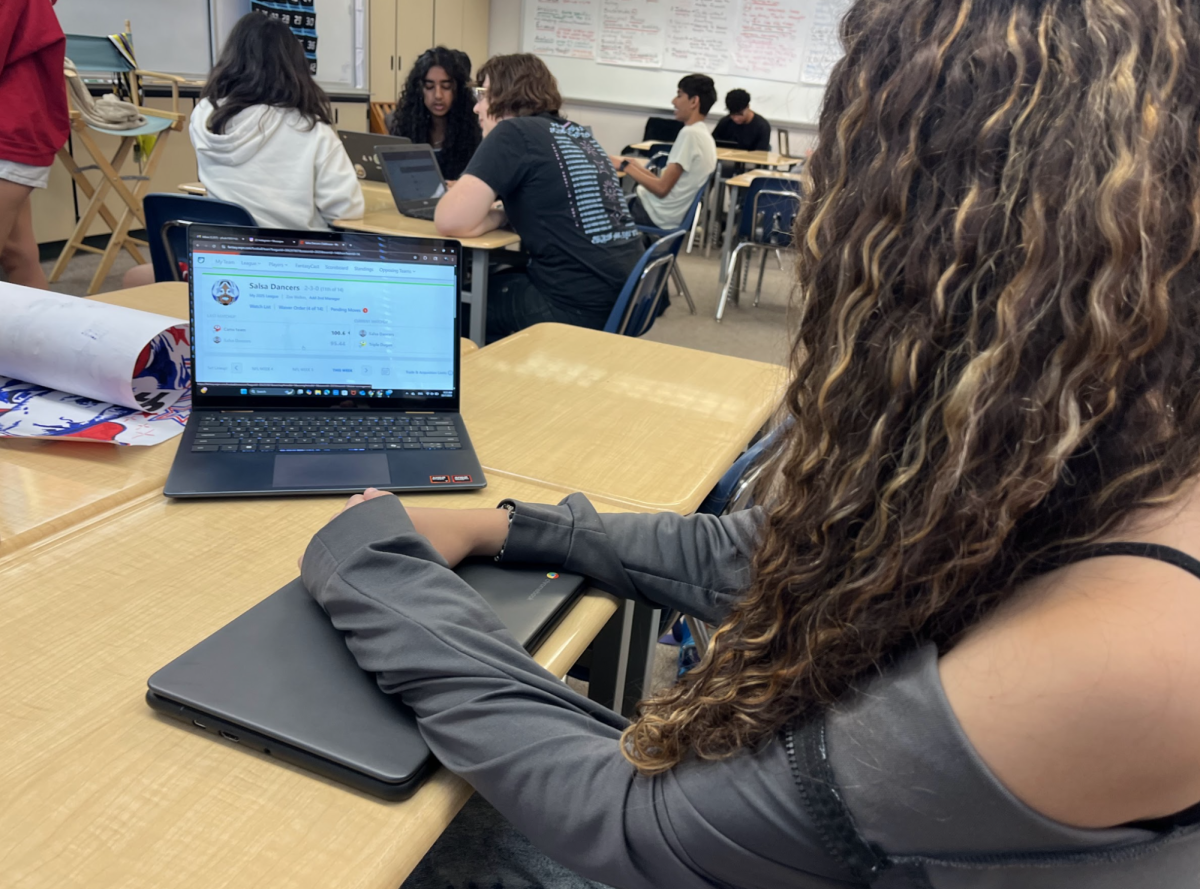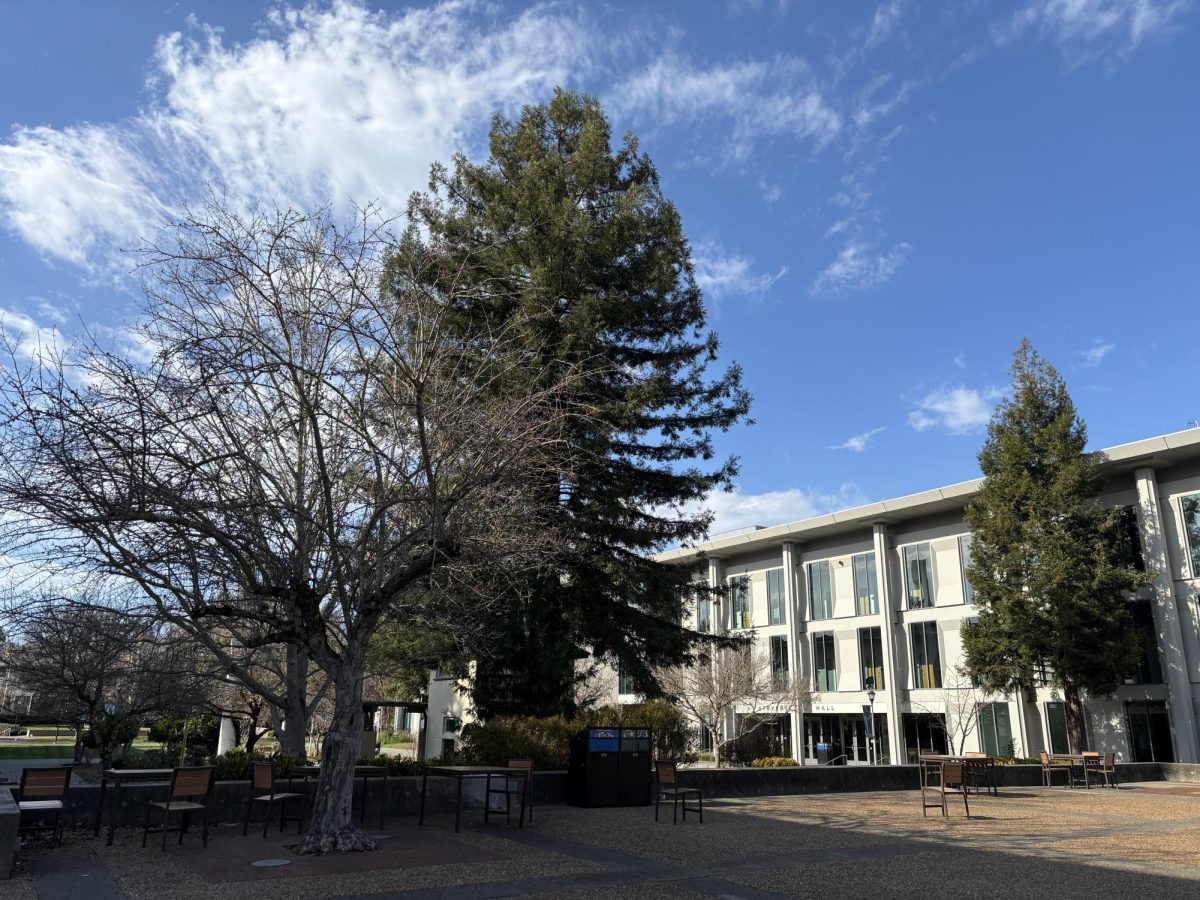The grace period for paying student loans has ended. There has been a pause for a long time on student loan payments due to the COVID-19 Pandemic, initially put in place to relieve borrowers that at the time likely weren’t getting a steady income.
According to an article from CNBC, “The U.S. Department of Education is set to restart collection efforts on defaulted student loans on Monday — putting millions of borrowers at risk of wage garnishment and other consequences.”
Anyone can apply for student loans. As of now there are currently around 42 million Americans with student loans, which ends up adding up to more than 1.6 trillion dollars in federal education debt.
“I applied through my bank. I had to fill out some forms to apply and meet with a loan officer to get everything situated,” said Amador alum Audrey Piumarta (‘24).
Some people haven’t been paying their student loans because they can’t afford their costly monthly payments. Over 5 million borrowers of affected loans are in default, and according to the Trump administration, this number could double in the following months.
Another concern for these payments is the potential negative effect they will have on credit scores. Lower credit scores can affect getting loans, cars, houses, and more in the future.
“Meanwhile, the Federal Reserve predicted in March that some people with a delinquency could see their scores fall by as much as 171 points. Credit scores typically range from 300 to 850, with around 670 and higher considered good,” said CNBC in a statement.
To many people student loans are an asset and are very helpful in providing financial freedom when going to college. Not only do loans allow students to not have to deal with education payments, but loans also cover housing and material costs as well.
“Cost is definitely a factor, especially with my rent being so high, I had to factor in where I wanted to live and how far from school,” said Piumarta (‘24).
The loans kicked in on May 5th. The Office of Federal Student Aid (FSA) will provide further steps and information for affected borrowers via email, and the FSA will send notices about wage garnishment this summer.




















